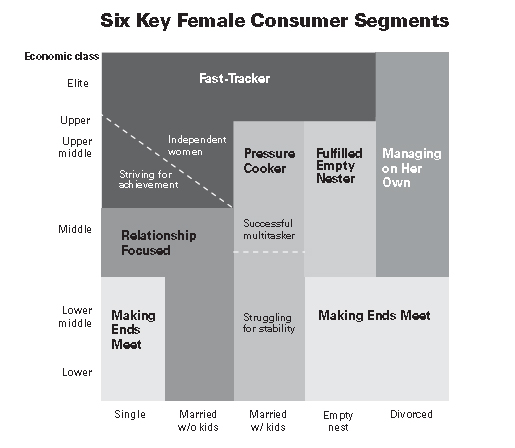I trust you all have recovered from your New Years celebration and are back in the office, looking forward to a strong 2010. If you haven't already, it's important to take time to reflect on what you've learned from last year and discipline yourself to make improvements in the upcoming year.
Allow me to make your reflections much easier by summarizing some of my favorite learning from this past year- As presented in WorkPuzzle, 2009:
1. Surround yourself with resilient people. Dr. Kerry Sulkowicz says:
“Psychologists consider [resilience] a key component of emotional health. Resilient people, they have observed, are naturally better at containing their anxiety. And that enables them to see in hardship the seeds of opportunity. What would emotional resilience entail in the face of the current crisis? The ability to resist being swept up in the global state of panic and to adapt as creatively as possible to one's setbacks and losses.” (Resilience Revisited: Avoiding Anxiety Paralysis, Jan 2009)
2. Although we at Tidemark source a very large volume of candidates for our clients through the use of technology, it should not substitute for the human work that follows:
"Personal connections produce results. Work hard at making personal connections and becoming relevant, helpful, and engaged with the network of people you already know." (Ben Hess, Feb 2009)
3. Work on developing the characteristics of survivors. As learned from Laurence Gonzales in "Deep Survival":
a) Move on quickly: Resilient survivors have an uncanny way of moving through the stages of grief (denial, anger, depression, and acceptance) more quickly. They stop blaming, wishing and bargaining early on in the process, so as to focus their energy on a solution.
b) Think, analyze, and plan: Survivors quickly organize, set up routines, institute discipline at take correct, decisive action.
c) Celebrate minor successes: Survivors take great joy in the smallest successes. This provides relief from unspeakable stress, and helps create hope.
d) Believe in a successful outcome: Survivors admonish themselves to do their very best all of the time and convince themselves (despite what appears to be hopeless odds) that they will succeed if they continue to execute their systematic plan.
e) Never give up: Survivors are not easily frustrated and are not greatly discouraged by setbacks.
(Advice For Job Seekers Part 2, Feb. 2009)
4. Look for people with grit: Stick to rewarding effort in you and in others and you'll be on top of the next economic wave. The data shows that if we praise talent and accomplishments, we get stagnation, and even failure. However, in studies where "effort" was rewarded, the result was growth and greater success.
Thomas Edison once said:
"Many of life's failures are people who did not realize how close they were to success when they gave up" (Psychology Today)
Success comes to those who work harder... (Choosing Grit Over Talent, March 2009)
5. Optimism is much more than a Zig Ziglar recommendation. It not only will help boost your confidence, but will also improve your health. (Why Optimism Matters, May 2009)
Spend some time rereading and reflecting on the depth of information and insight, and I'll follow up with more later this week...
Editor's Note: This article was written by Dr. David Mashburn. Dave is a Clinical and Consulting Psychologist, Partner at Tidemark, Inc. and a regular contributor to WorkPuzzle. Comments or questions are welcome. If you're an email subscriber, reply to this WorkPuzzle email. If you read the blog directly from the web, you can click the "comments" link below.








